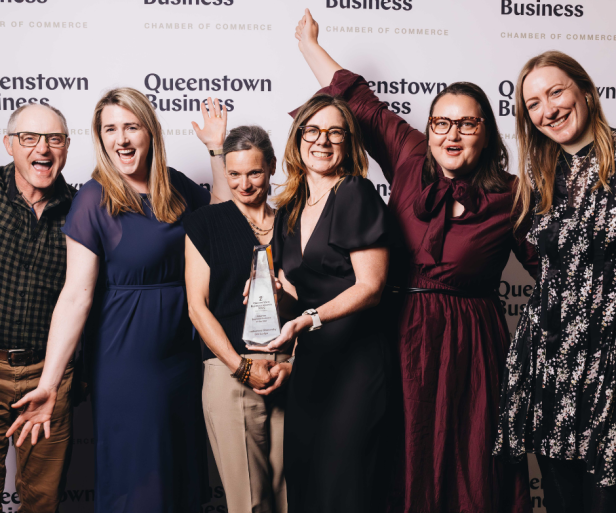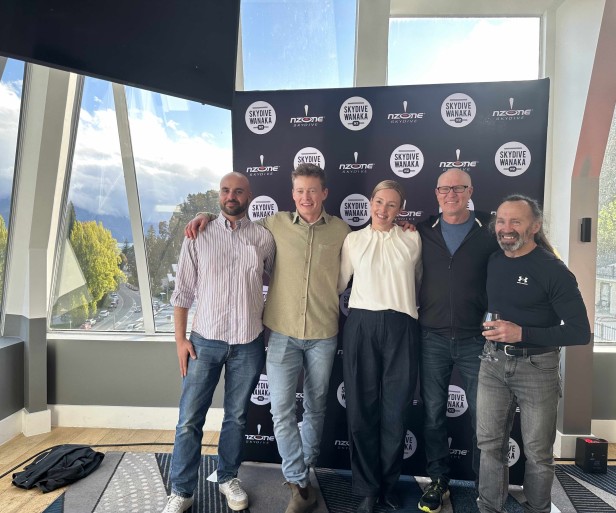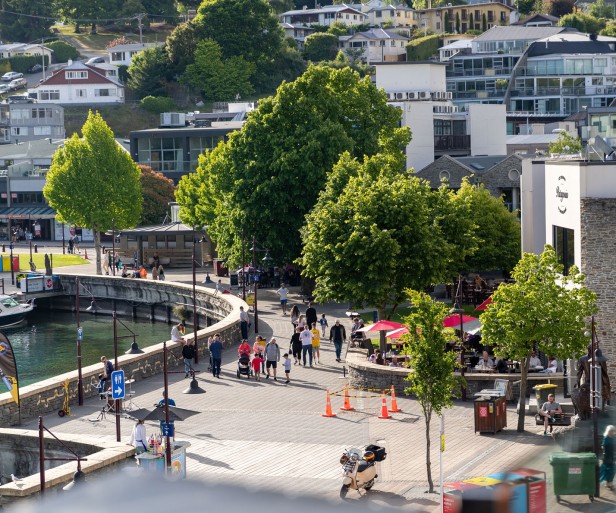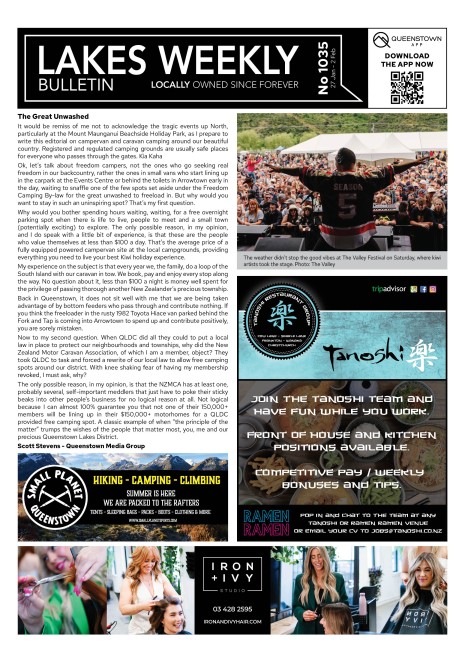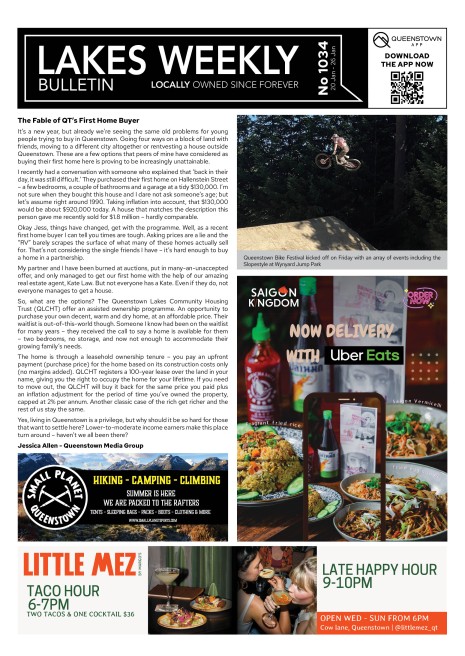Our evolving expectations of ‘a good place to work’
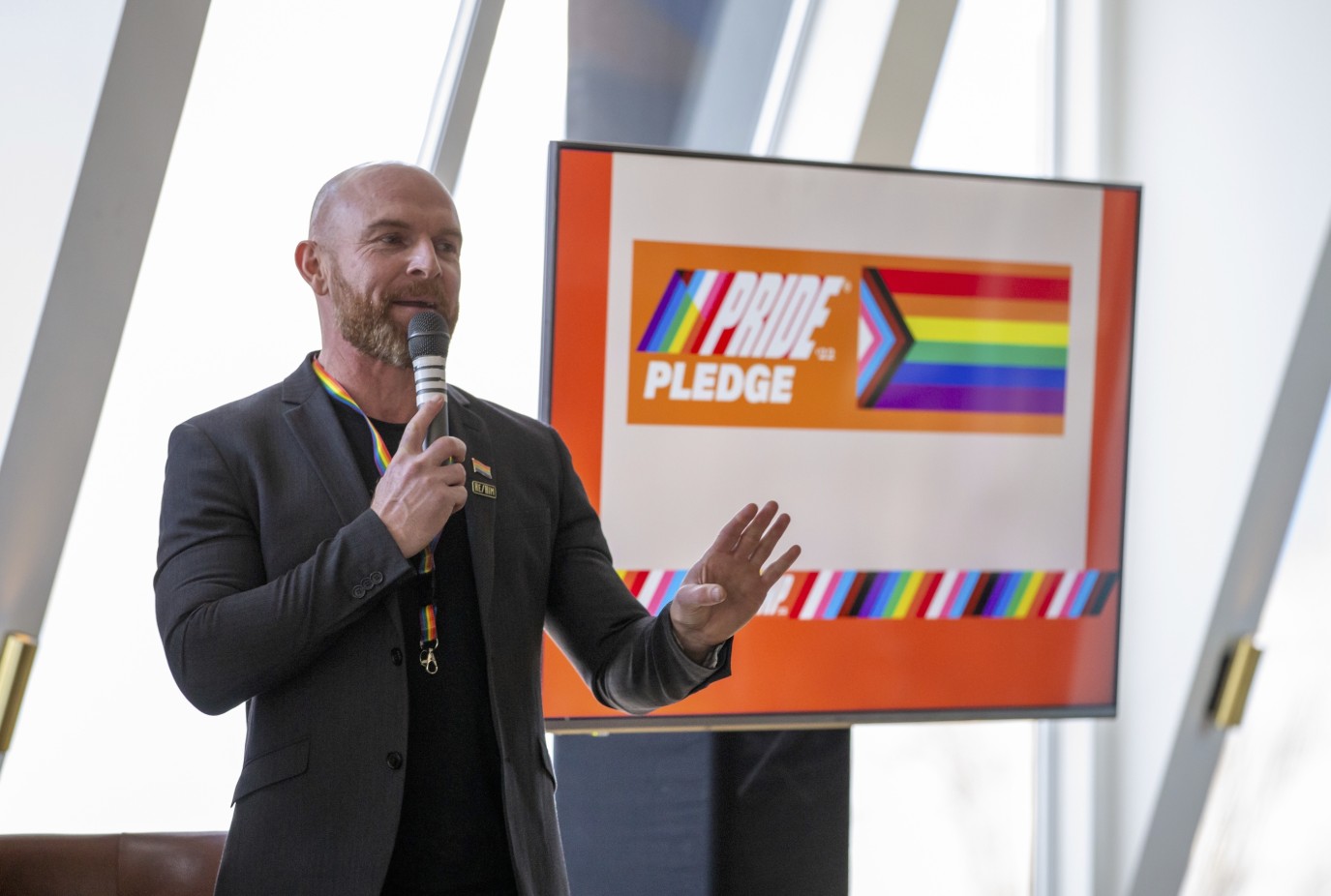
When it comes to making your business more inclusive and your workforce more diverse, a journey of a thousand miles really does begin with a single step.
Winter Pride and Pride Pledge director Martin King has decades of experience helping organisations create the best working environments for their employees, making them welcoming places that draw people from all walks of life.
King says the most important thing a business can do is make a start.
“What we all too often see is that businesses are afraid to make a start or don’t know where to start,” he says, “so, begin with the commitment to make your organisation more inclusive.
“It could be that your business is traditionally male-dominated. Ask the question, ‘how are we going to attract more women into our organisation?’ then actually come up with a clear goal and plan and start working on it.
“It might be ‘we have a pay gap; we know that women in our organisation are paid less than men’. Begin taking steps to change that, do something about it.”
Along with gender disparities, many New Zealand organisations typically find Māori and Pasifika, members of the rainbow community, as well as disabled and neurodiverse people, are underrepresented in their workforces.
Others, such as the insurance and engineering sectors, find they have an ageing workforce and need to adapt policies and practices to attract younger workers, while some businesses are on the other side of the equation, with inadequate provision for more elderly workers.
“Usually, when an organisation begins to address one area, we see them making traction across the board.”
Businesses should align themselves with an organisation that can help them with resources, advice, policies and training, such as Pride Pledge for rainbow inclusion.
“More broadly, Diversity Works New Zealand support organisations all over the country on the diversity journey, and there’s a range of other specialist organisations out there.
“Queenstown businesses should reach out to the Queenstown Business Chamber of Commerce, even if they’re not members. They run a range of sessions and training throughout the year, lunches, the Queenstown Women in Business conference etc.
“The main point is ‘don’t be afraid, be curious’. Do some research on Google and ask around, ask what other businesses are doing.”
King says that while Auckland businesses tend to collaborate on such things, in Queenstown, the spirit of competition can get in the way.
“That’s one of the massive differences. In Auckland, it means companies don’t have to reinvent the wheel. They can see and learn from another organisation with women in leadership positions.
“In Queenstown, there are great companies doing incredible work when it comes to diversity inclusion, so people just need to feel confident to reach out and share.”
The Covid-19 pandemic forced businesses to think differently about remote working and flexible working arrangements and realise there are alternatives to the office-bound 9-5.
And it also had a huge impact on workers’ expectations, especially for parents with young children and also Generation Z (born 1997-2012).
“Don’t try to fight to maintain what Gen X or baby boomers think workplaces should be like because Gen Z is a huge demographic bubble, and they’re going to make up the majority of the workforce soon.
“And they see the world in terms of equity, diversity and inclusion. When they’re looking for jobs, a company that is committed to diversity is in the top three things they look for.”
Some sectors are ahead of others, King says.
“You need a generation to make changes in some sectors, such as construction and engineering, which have been male-dominated for hundreds of years. Boys go through school and university with an engineering career in mind, studying maths and physics. It will take time.”
Overall, though, progress is being made, but not quickly enough.
“I work with 300 clients and I wouldn’t put my hand on my heart and say any of them are perfect, there probably isn’t an organisation in the country that is.
“That’s because diversity and inclusion are a journey, not a destination. Expectations change, as you see with work-from-home after the Covid adaptations, so what you do to make people feel valued, welcomed and respected is constantly moving and evolving.
“If you’ve ticked everything off your to-do list, you need to create another one.”


